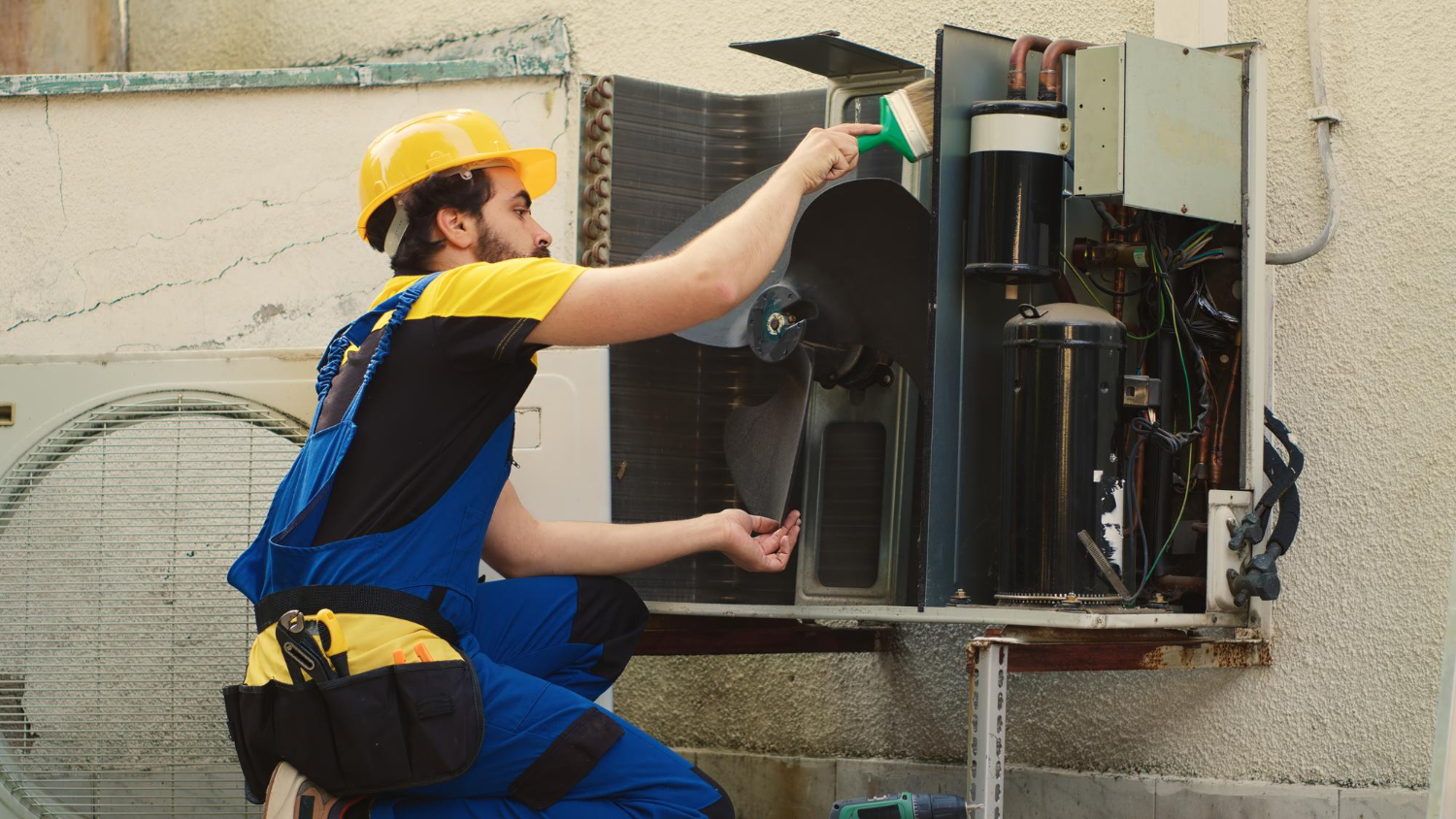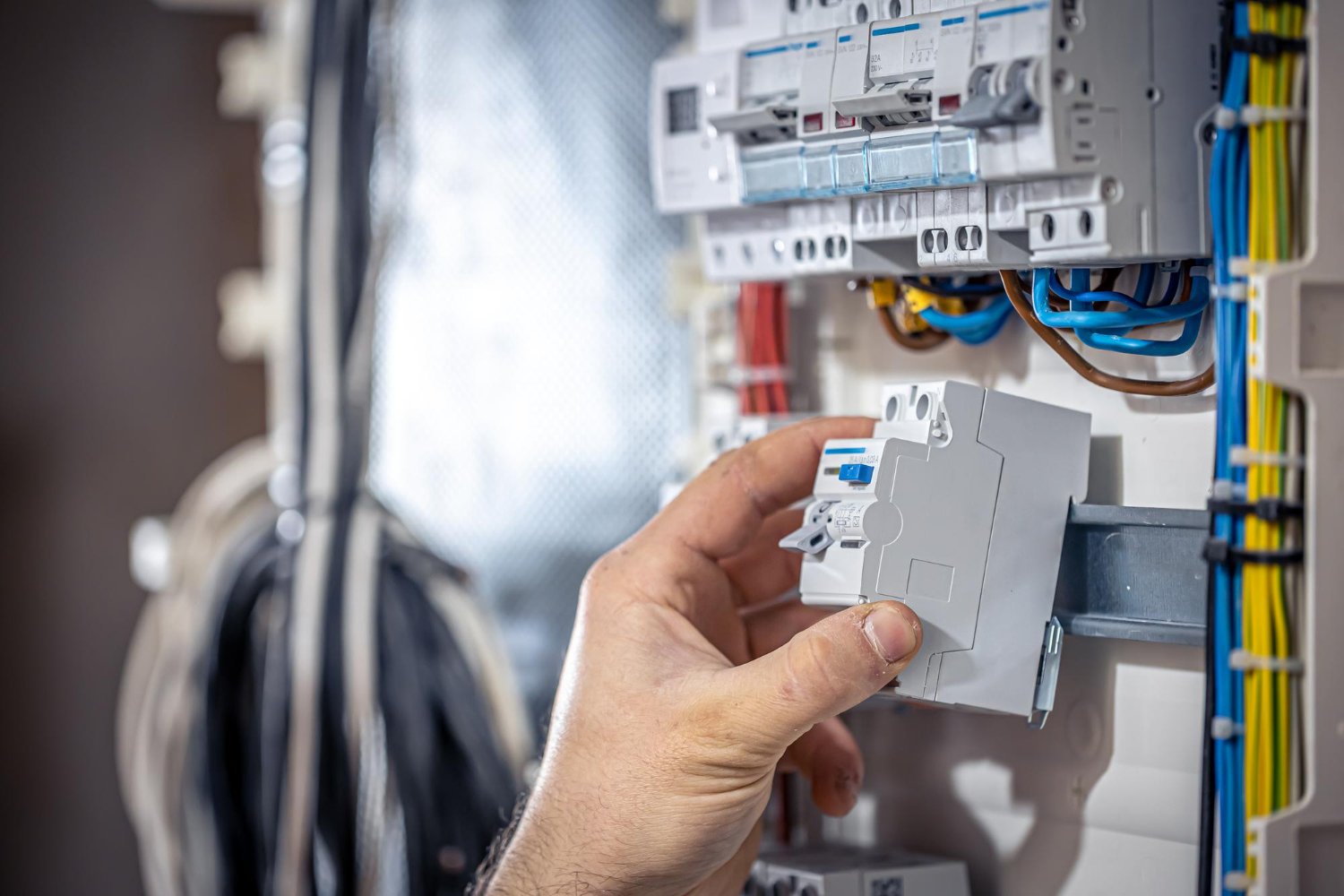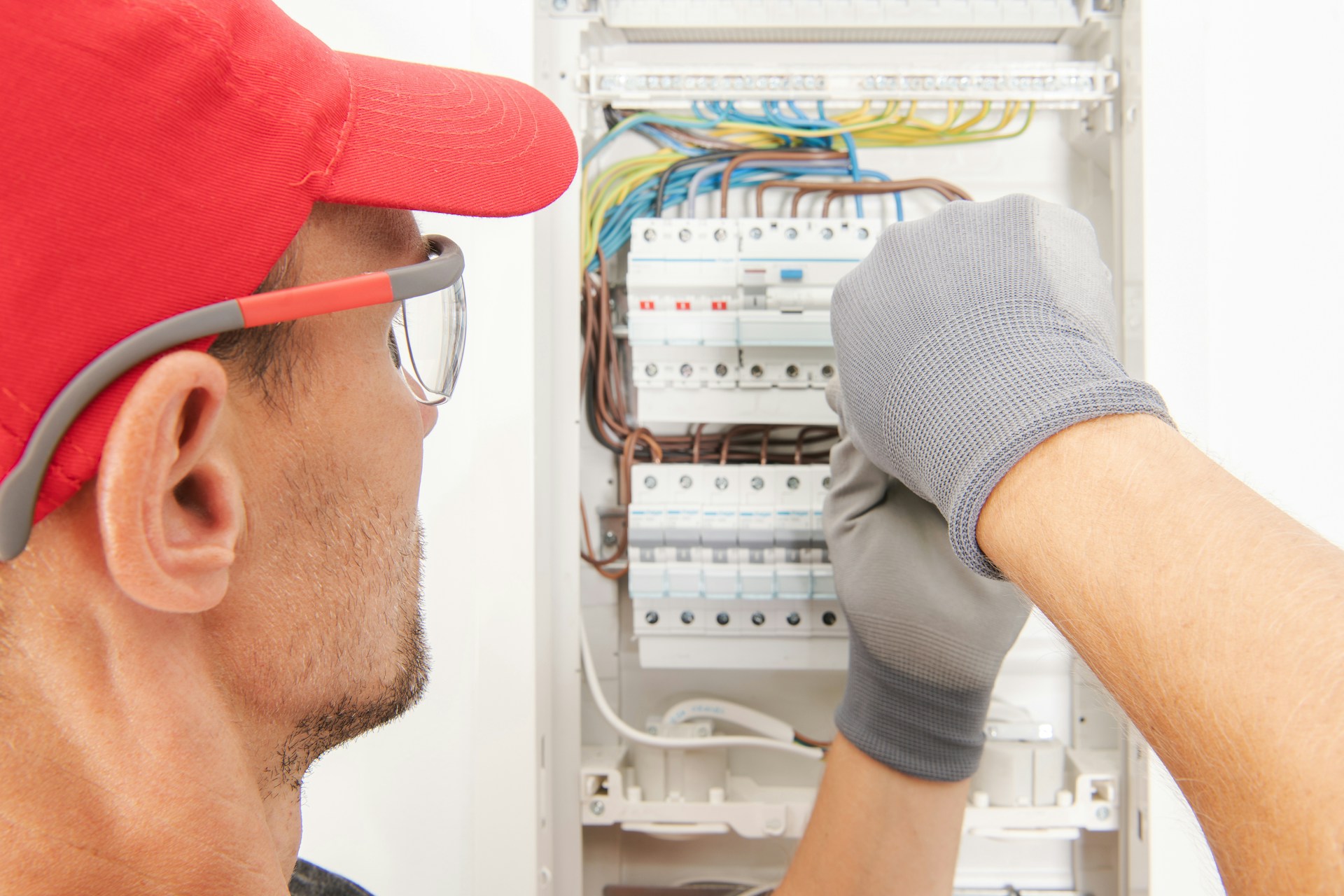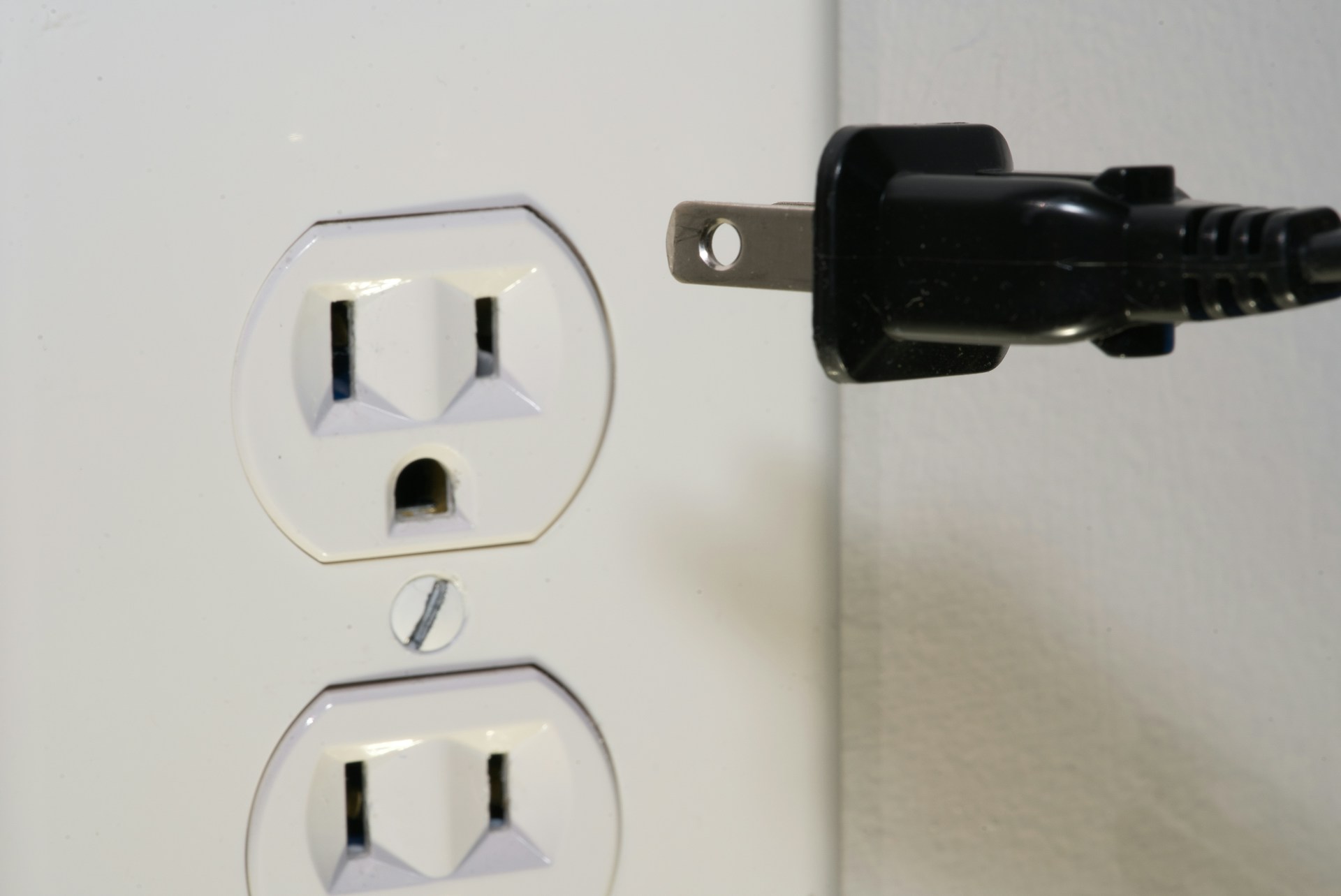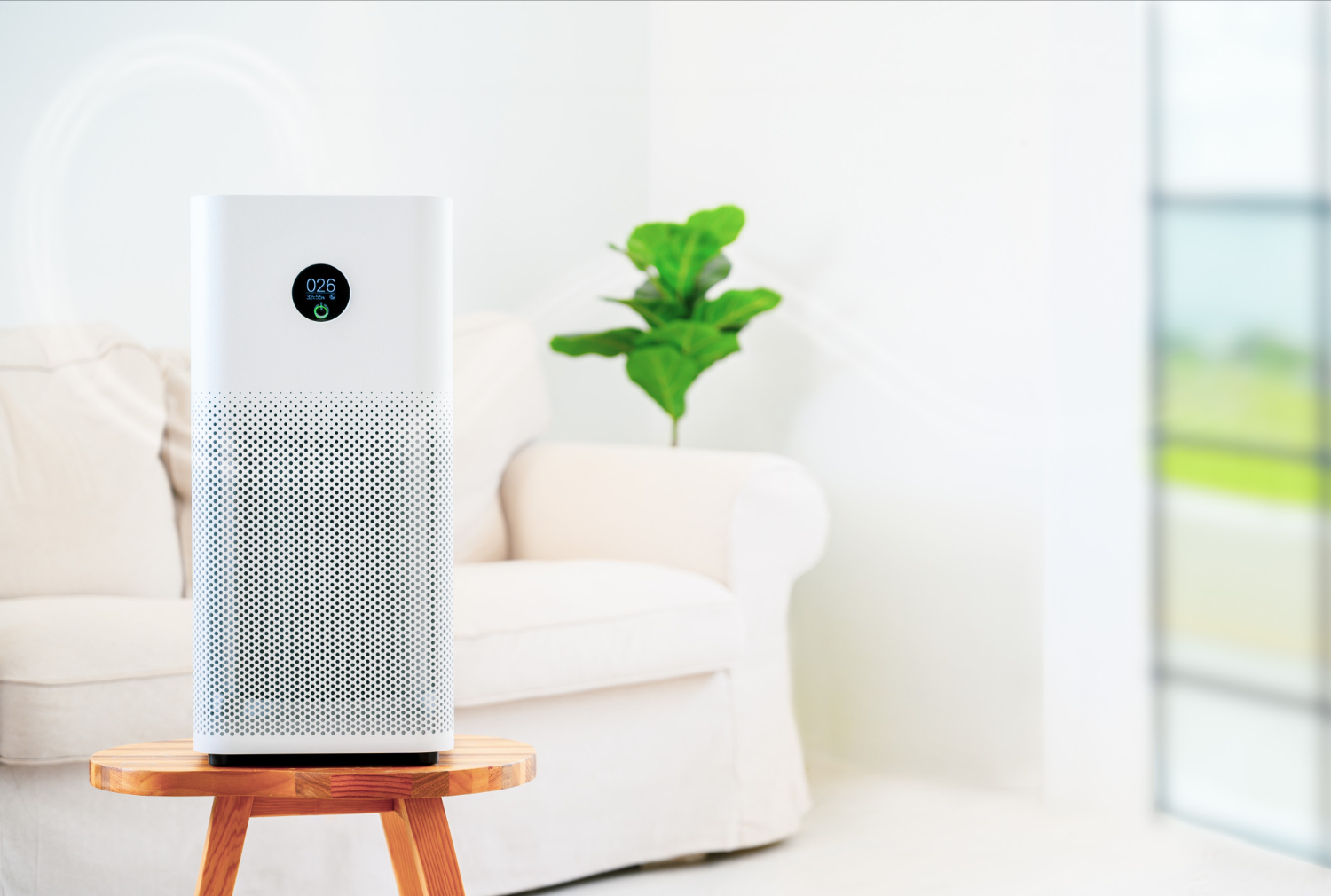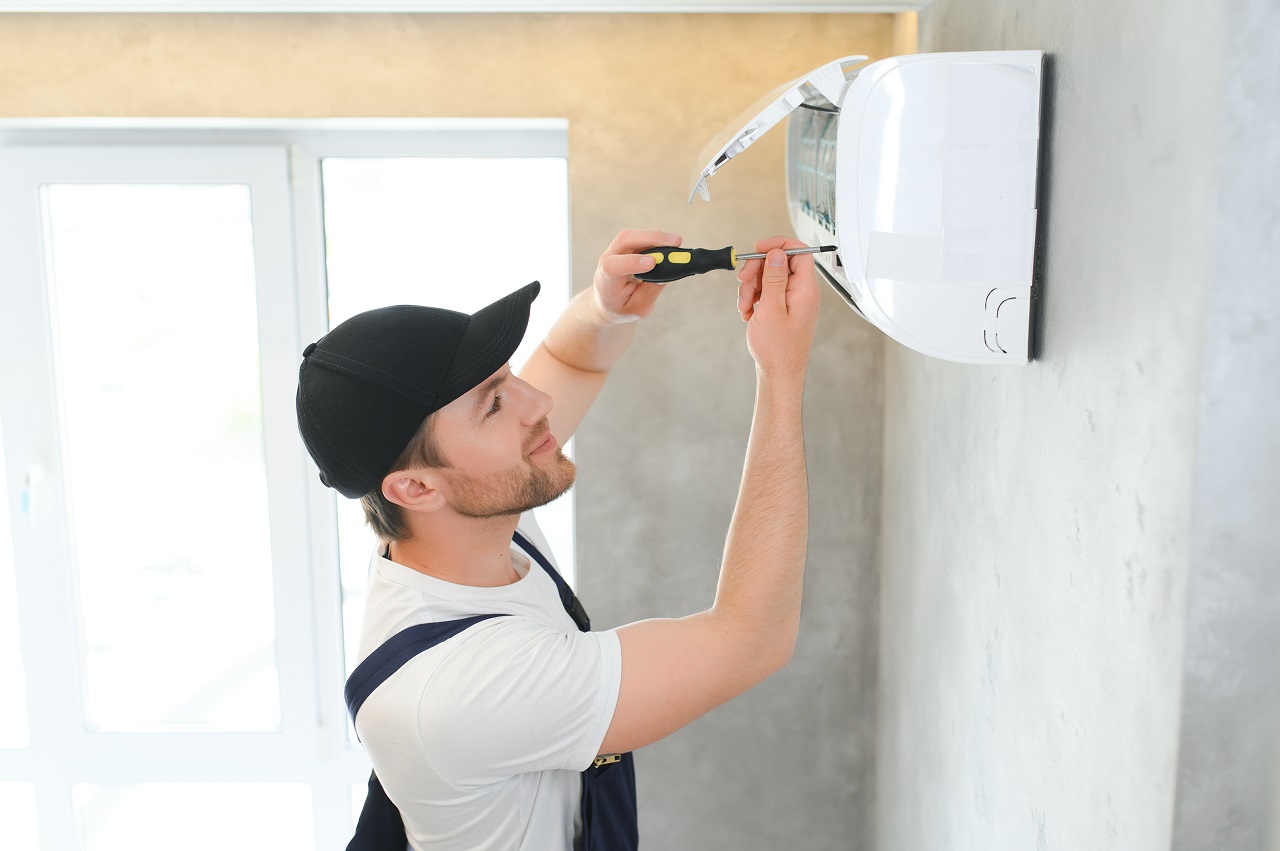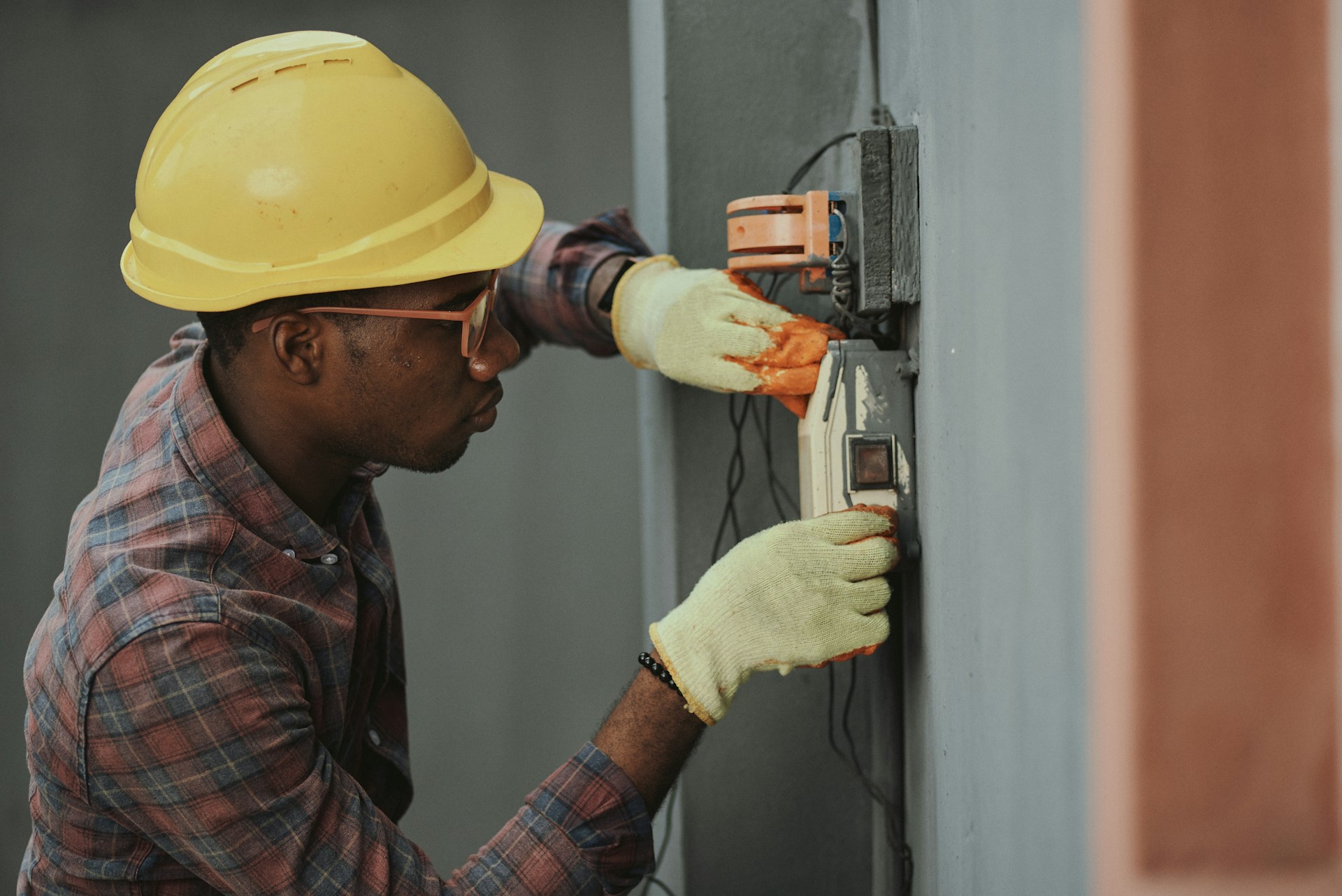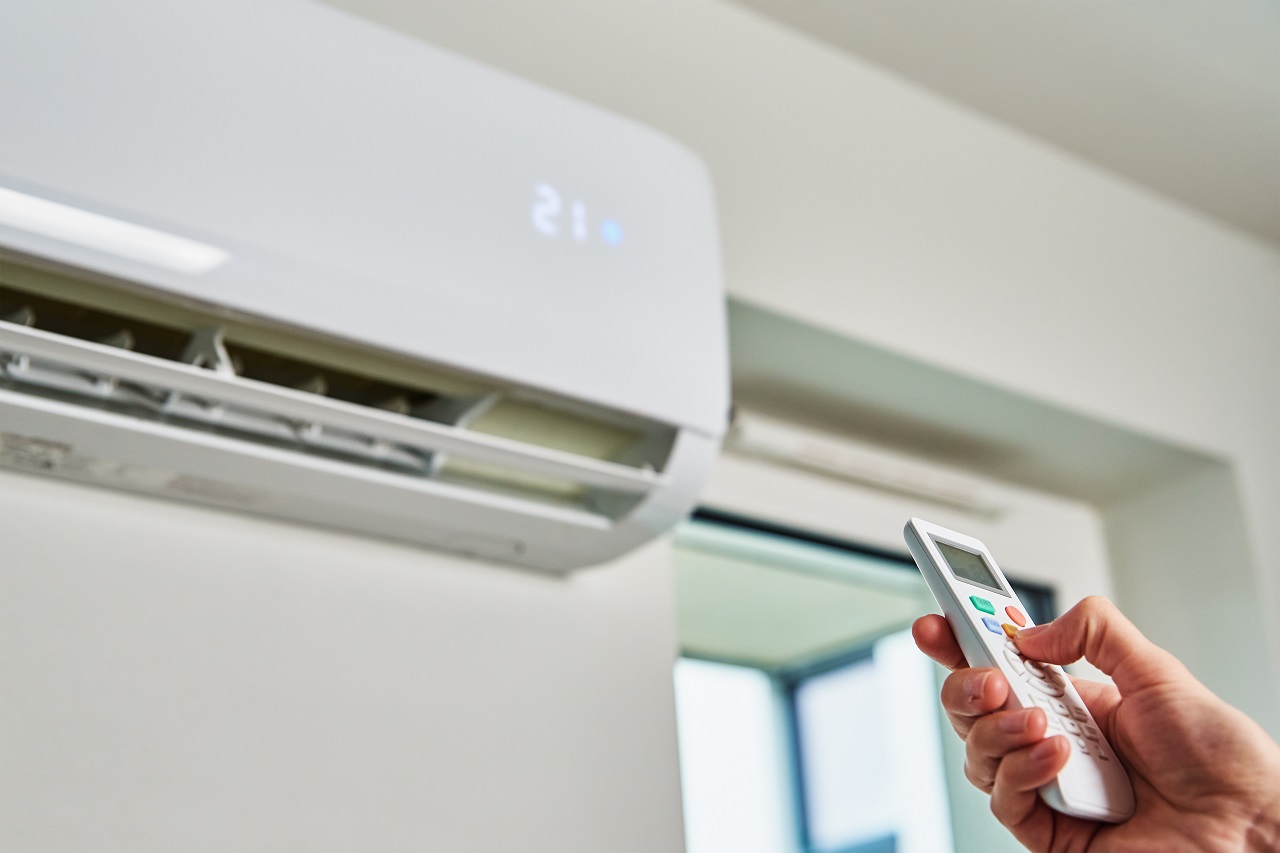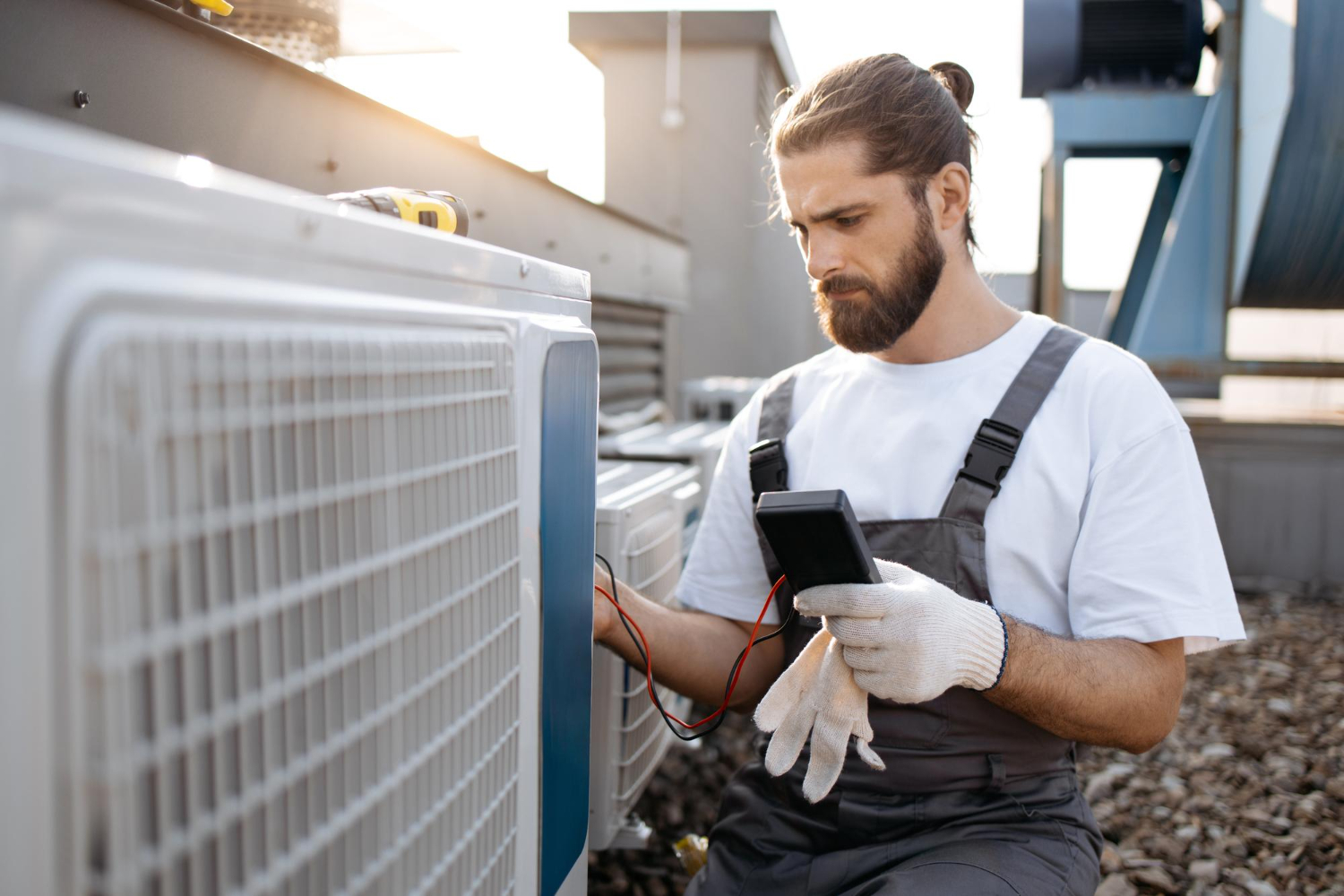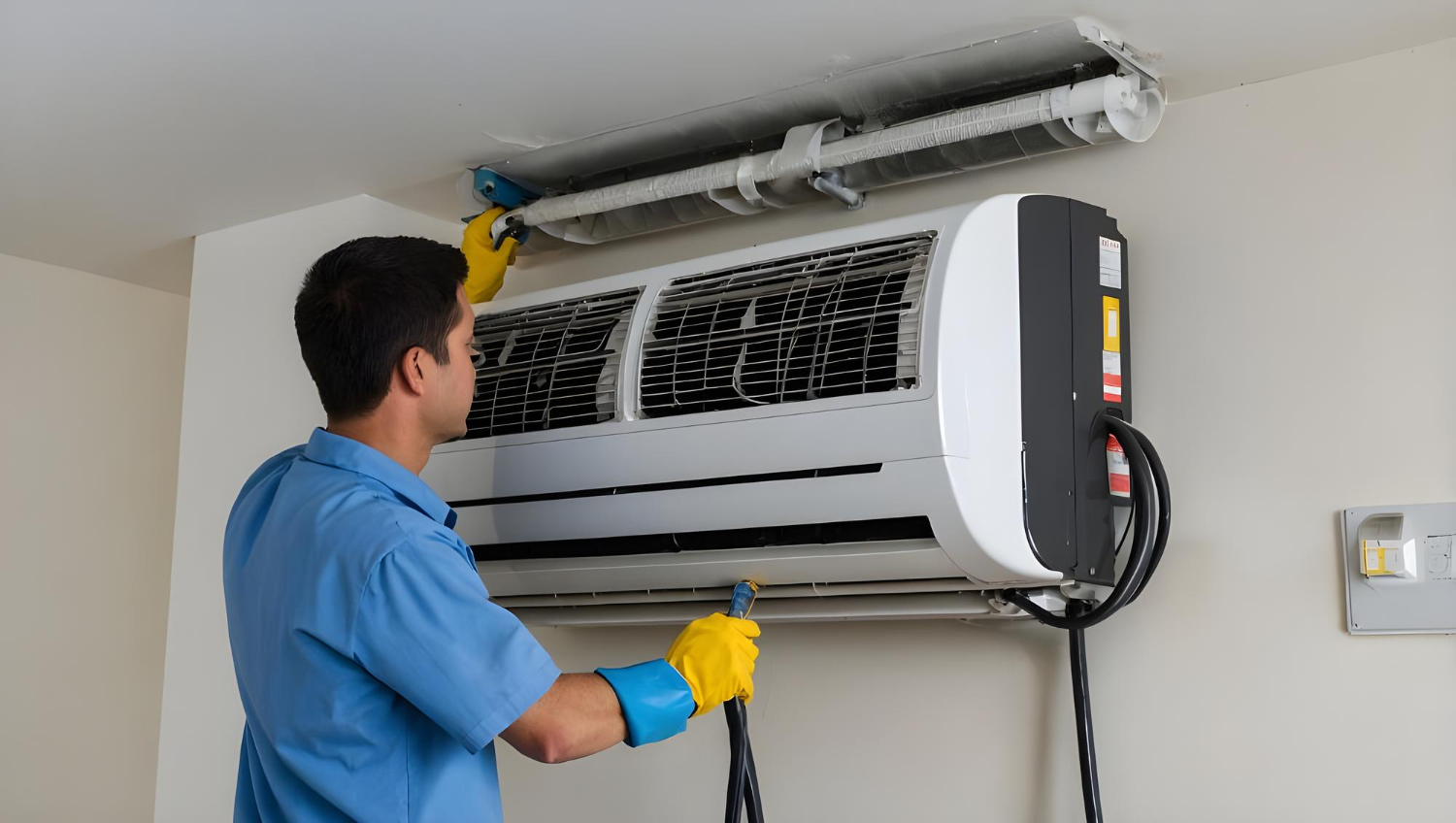Maintaining your HVAC system regularly is key to keeping your home comfortable and safe. Many homeowners overlook the importance of routine maintenance, but doing so can save you money and prevent headaches down the road. A well-maintained HVAC system runs more efficiently, which means it uses less energy and keeps your home at a consistent temperature.
Regular maintenance also helps catch small problems before they turn into costly repairs. By addressing minor issues early, you can avoid unexpected breakdowns and extend the lifespan of your equipment. This proactive approach not only saves money but also ensures that your system is always running at its best, providing optimal comfort for you and your family.
Moreover, routine HVAC maintenance improves the air quality inside your home. By regularly replacing filters, cleaning ducts, and controlling humidity levels, you can reduce allergens and create a healthier environment. These steps are especially important for households with people who have allergies or respiratory issues. Overall, regular HVAC maintenance is an investment in both your home’s comfort and your family’s health.
Improve Energy Efficiency
Lower Energy Bills
Regular HVAC maintenance can help lower your energy bills. When your system is clean and running smoothly, it doesn’t have to work as hard to heat or cool your home. This means it uses less energy, reducing your utility costs. Tasks like changing air filters and cleaning coils make a big difference in your system’s efficiency. Over time, these small efforts add up, saving you a significant amount of money on your energy bills.
Reduce Carbon Footprint
An efficient HVAC system not only saves you money but also helps the environment. By using less energy, your HVAC system reduces your home’s carbon footprint. This means you are helping to conserve natural resources and reduce greenhouse gas emissions. Routine maintenance checks by professionals ensure that your system operates at peak efficiency, making your home more eco-friendly.
Enhance System Performance
Keeping your HVAC system well-maintained enhances its overall performance. A system that runs efficiently provides more consistent heating and cooling throughout your home. This improves your comfort and ensures that the system can handle extreme weather conditions. Regular check-ups help identify and resolve issues that might hinder performance, such as blocked ducts or low refrigerant levels. This ensures that your system runs at its best all year round.
Prevent Costly Repairs
Detect Small Issues Early
Regular maintenance helps detect small issues before they turn into big problems. Technicians can spot wear and tear or minor malfunctions during routine inspections. Addressing these issues early prevents them from becoming serious, costly repairs. For example, a small refrigerant leak can be fixed quickly and cheaply if caught early but can lead to major repairs if ignored.
Avoid Emergency Repairs
Emergency repairs are often more expensive than planned maintenance. When your HVAC system breaks down unexpectedly, you may need immediate, urgent service, which can come with a higher price tag. Regular maintenance reduces the risk of sudden breakdowns. By keeping your system in good shape, you are less likely to face inconvenient and costly emergency repairs, giving you peace of mind.
Extend Equipment Lifespan
Taking care of your HVAC system prolongs its lifespan. Regular cleaning, part replacements, and other maintenance tasks prevent unnecessary strain on the system. Well-maintained equipment can last several years longer than neglected systems. This means you won’t have to replace your HVAC unit as often, which saves you money in the long run. Investing in routine care helps ensure that your system serves you well for many years.
Ensure Optimal Air Quality
Replace Filters Regularly
One of the simplest ways to maintain good indoor air quality is to replace your HVAC filters regularly. Dirty filters can restrict airflow and allow dust, allergens, and other pollutants to circulate in your home. Check your filters every month and replace them at least every three months, or more often if you have pets or allergies. Clean filters help your HVAC system run more efficiently and keep the air in your home cleaner.
Clean Ducts and Vents
Over time, dust and debris can build up in your ductwork and vents, reducing air quality and making your HVAC system work harder than it should. Schedule professional duct cleaning every few years to ensure your ducts are free from obstructions and contaminants. Keeping your vents clean also improves airflow and system performance. Don’t forget to vacuum around your vents and registers to remove surface dust and dirt.
Control Humidity Levels
Controlling the humidity in your home is crucial for maintaining good air quality. High humidity can promote mold growth and make it harder to breathe, while low humidity can cause dry skin and respiratory issues. Aim to keep indoor humidity levels between 30% and 50%. Use a dehumidifier in humid months and a humidifier in dry months to maintain this balance. Proper humidity levels also help your HVAC system perform better and last longer.
Enhance Home Comfort and Safety
Maintain Consistent Temperatures
One way to enhance comfort in your home is to maintain consistent temperatures. Set your thermostat to a comfortable level and avoid making frequent adjustments that can strain your HVAC system. A programmable thermostat can automatically adjust temperatures based on your schedule, ensuring a comfortable environment while saving energy. Consistent temperatures help reduce wear and tear on your equipment, leading to fewer repairs.
Ensure Safe Operation
Safety is a key concern when it comes to your HVAC system. Always keep flammable materials away from your furnace and air conditioner units. Schedule annual professional inspections to check for issues like gas leaks, electrical problems, or carbon monoxide hazards. Ensuring safe operation not only protects your family but also keeps your system running efficiently.
Improve Overall Home Comfort
Taking steps to enhance your HVAC system directly improves your home’s overall comfort. Proper maintenance ensures that your system can efficiently heat and cool your home, while also keeping humidity at comfortable levels. Clean air filters, ducts, and a well-maintained system contribute to a healthier, more pleasant living environment. All these efforts combined create a comfortable and safe home for you and your family.
Conclusion
Regular HVAC maintenance is essential for a comfortable, efficient, and safe home. By ensuring optimal air quality and enhancing your home’s comfort and safety, you can avoid costly repairs and improve energy efficiency. Simple steps like replacing filters, cleaning ducts, and maintaining consistent temperatures make a significant impact on your HVAC system’s performance and longevity.
A well-maintained HVAC system also protects your family’s health and well-being by reducing allergens and ensuring safe operation. Investing in maintenance not only keeps your equipment running smoothly but also creates a more enjoyable living environment.
Need professional help with your HVAC maintenance? Contact Turner On Services today to schedule your next service with an electrician in Milford and keep your home comfortable all year round.


